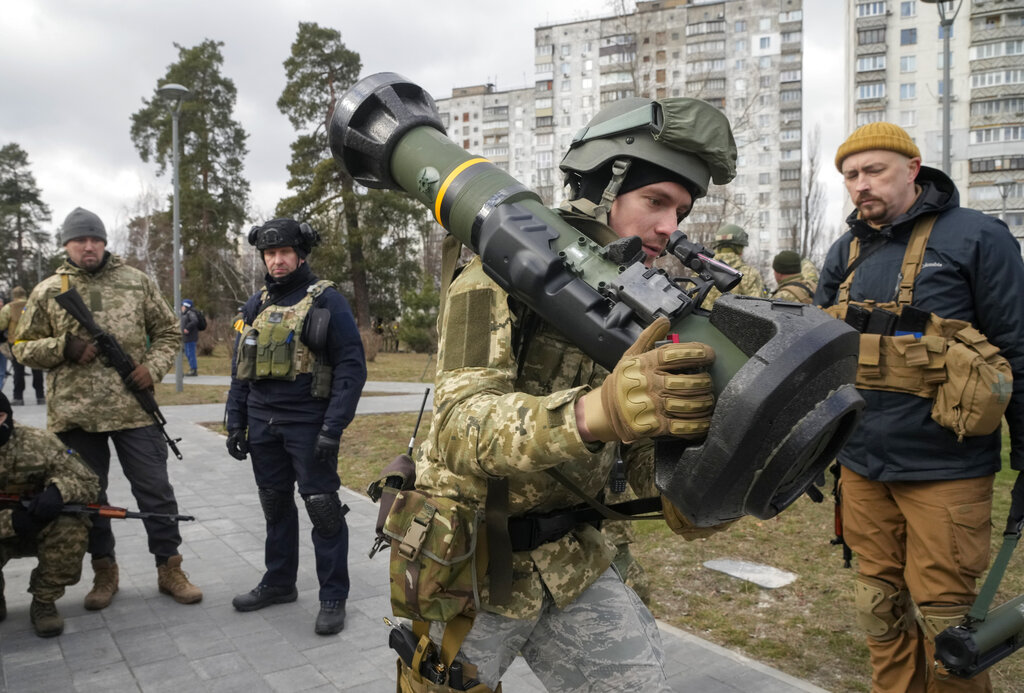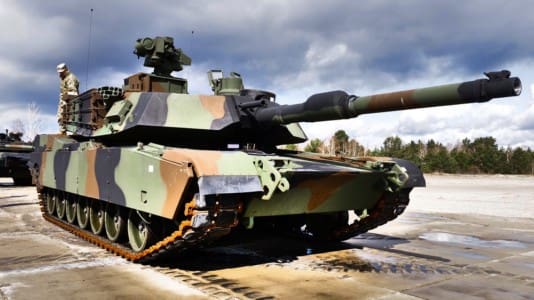The European Union will continue to finance the transfer of defensive weapons to Ukraine after small arms and light weaponry proved to be “very effective” against Russian troops, EU High Representative for Foreign Affairs Josep Borrell announced in Strasbourg on Tuesday.
Taking part in a plenary session in the European Parliament on the bloc’s military and defense strategy, Borrell confirmed the EU had provided €1 billion of military support to help Ukraine defend its territory, an amount that “is not very large” but which will facilitate the delivery of “defensive small arms, which have been shown to be extremely effective.”
The bloc’s head of diplomacy explained that Ukraine had invented a new form of warfare, with light infantry units deployed around the roads “which bears some resemblance to the old guerrilla warfare, but with sufficiently sophisticated weapons” and which has been providing positive results in stopping the advance of Russian armored vehicles.
The EU’s top diplomat also stressed that “there is no alternative to NATO” for defending Europe. In this context, he says that a rapprochement between NATO and the EU has been achieved, which is “eliminating fears.”
Although Borrell did not specify weapon types, it is likely he was referring to portable anti-tank missiles and anti-aircraft weapons which so far proved to be the most effective against Russian forces.
NATO cannot solve all of Europe’s problems
“I think we have managed to allay our fears and realize that NATO will not solve all our security problems,” Borrell told the plenary session. “In order to do this efficiently and economically, but also quickly, we need to deploy capabilities that we did not have today,” he added, insisting future proposals to bolster European Union defense resources were not about creating an “inter-European NATO” or about “weakening NATO.”
“We cannot wait for the U.S. military deployment in Europe to replace our shortcomings,” Borrell stressed. “So we are talking about strengthening our military capabilities.
“After World War II, we have become accustomed to living under the umbrella of the United States,” the EU foreign minister warned, adding that the scenario is now different and imposes a major responsibility.
Borrell has been a long-time supporter of the creation of an EU army, which critics fear would take away defense powers from nation states and transfer it to unelected bureaucrats in Brussels. The EU lacks democratic accountability, and decisions such as Hungarian Prime Minister Viktor Orbán to not send weapons to Ukraine would become increasingly impossible if such an EU army were to ever form.





